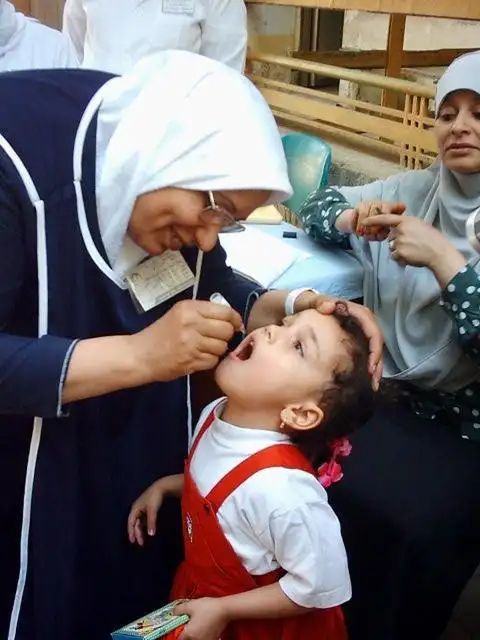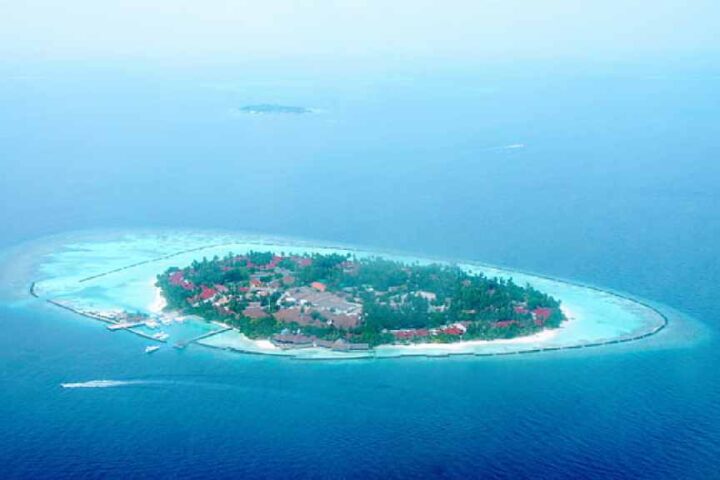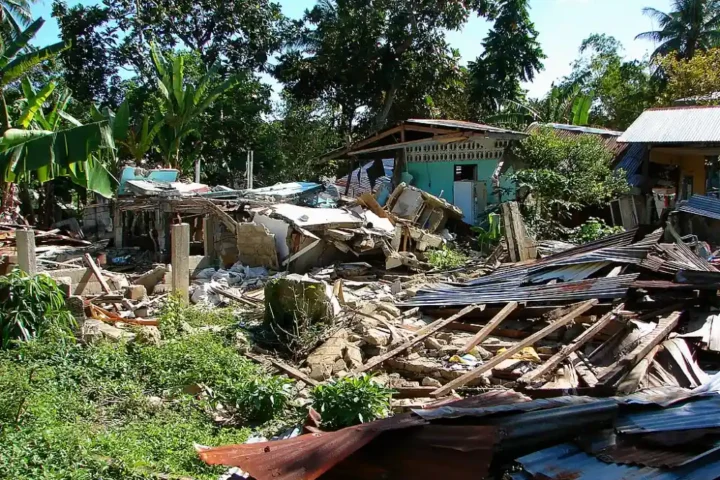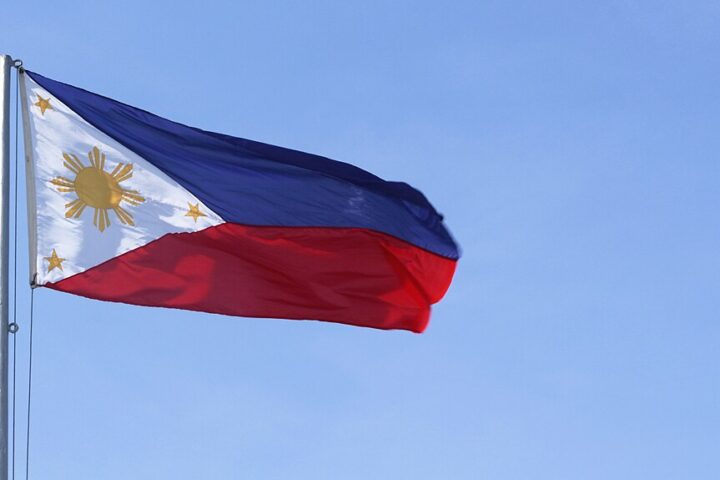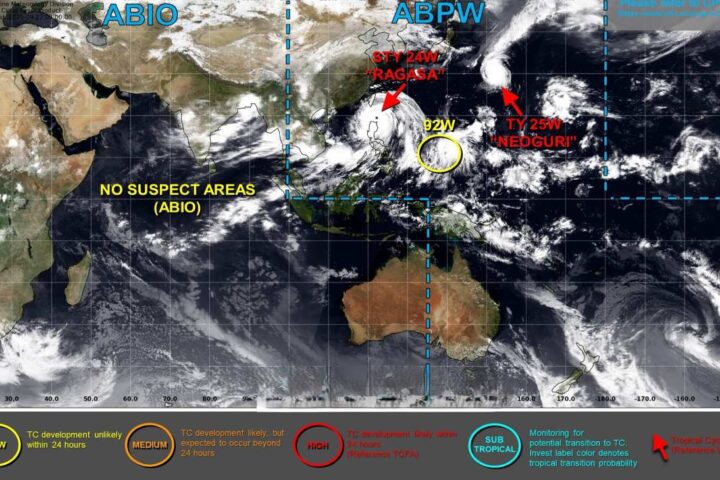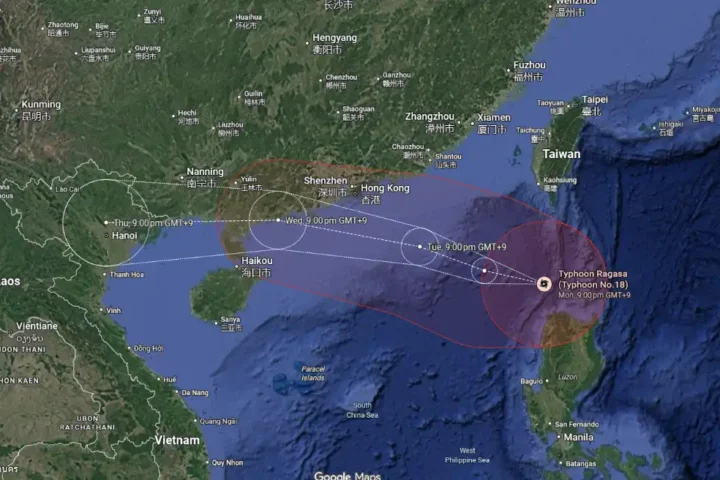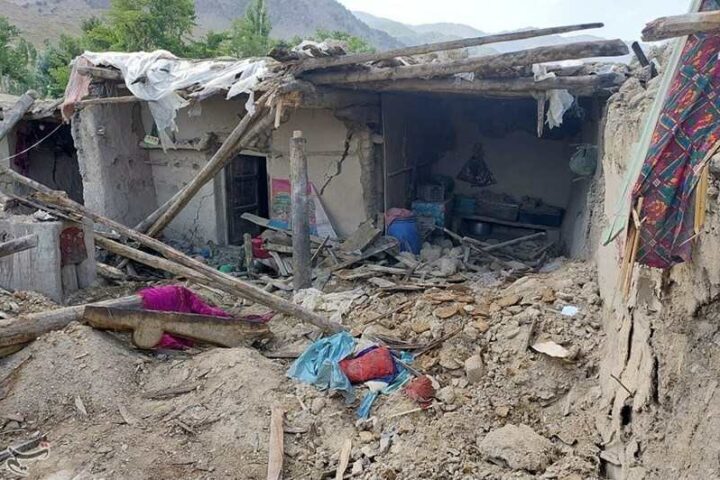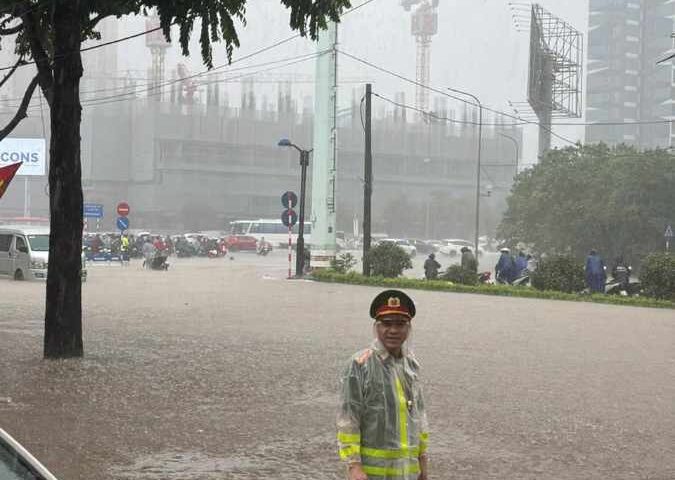Pakistan is taking tough new steps against parents who refuse polio vaccines for their children. Officials now warn these parents could have their national ID cards, passports, and mobile phone SIM cards blocked.
Sindh Chief Minister Murad Ali Shah announced these penalties during a recent meeting on polio. With nine polio cases reported in Sindh this year, officials feel stronger action is needed. “I have no other option but to penalise those who avoid their national duty of eradicating polio,” Shah said. He also created a special Polio Vaccine Refusal Cell to track parents who refuse vaccines.
Pakistan is one of just two countries where wild poliovirus still spreads naturally. The country has seen 29 wild poliovirus cases in 2025 so far – 18 in Khyber-Pakhtunkhwa, nine in Sindh, and one each in Punjab and Azad Jammu & Kashmir.
In September alone, over 216,000 children in Sindh missed their vaccines. More than 35,500 of these were because parents refused the drops. From October 13-19, health workers will try again with a nationwide campaign targeting 45 million children under five years old. This effort will involve more than 400,000 workers across the country.
False information has seriously damaged vaccination efforts in Pakistan. In 2019, a fake video claiming the polio vaccine made children sick went viral on social media. This led to a hospital being set on fire in Peshawar and temporarily stopped the vaccination campaign. As a result, large numbers of children missed vaccination.
Several myths drive vaccine refusal in Pakistan. Some religious groups spread false claims that vaccines contain forbidden ingredients like pig fat or alcohol. Others believe vaccines cause infertility or are part of Western spying efforts. Trust in vaccines dropped sharply after a fake Hepatitis B vaccination campaign after which polio cases rose again in Pakistan.
Similar Posts
The new rules affect international travel too. All Pakistanis leaving the country must show proof of polio vaccination when departing, regardless of age. These certificates are valid for one year and cost Rs100 through the National Immunization Management System website.
Health officials hope these measures will help Pakistan follow India’s success story. Despite having a population over 1 billion, India eliminated polio in 2014.
For the October campaign, vaccination targets include 23 million children in Punjab, 10.6 million in Sindh, 7.2 million in Khyber Pakhtunkhwa, and 2.6 million in Balochistan. Shah stressed that the campaign must reach everyone, especially nomadic families who are often missed.
“This is not just a government programme, it is a fight for the health and future of our children,” Shah said, urging everyone to cooperate.
Health experts note that education about vaccines plays a key role in addressing refusals. Studies show that fears about side effects, misconceptions about infertility, and low literacy all contribute to vaccine hesitancy in high-risk areas.
With these stricter penalties and continued vaccination efforts, Pakistan hopes to finally join most countries in eliminating this preventable disease.
